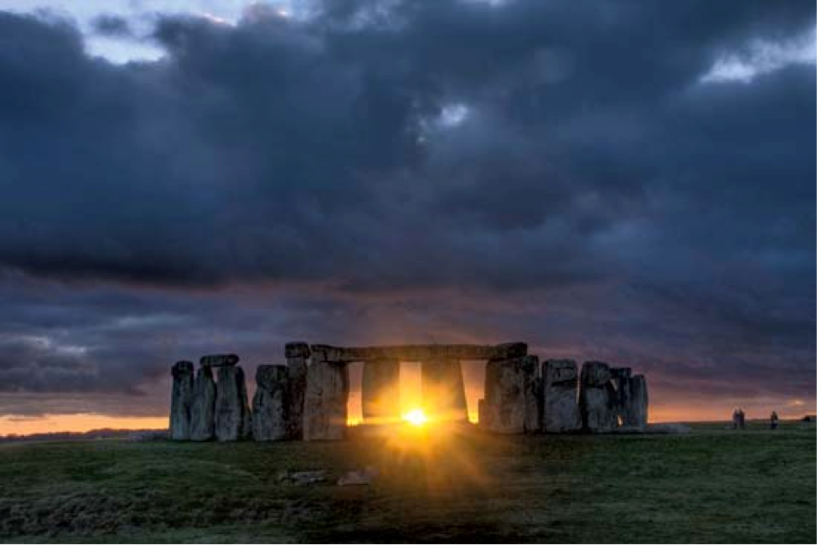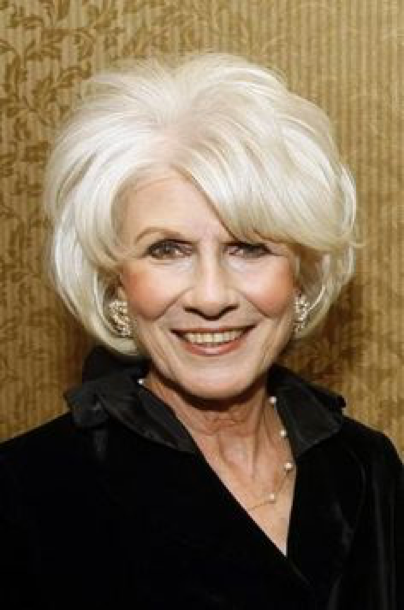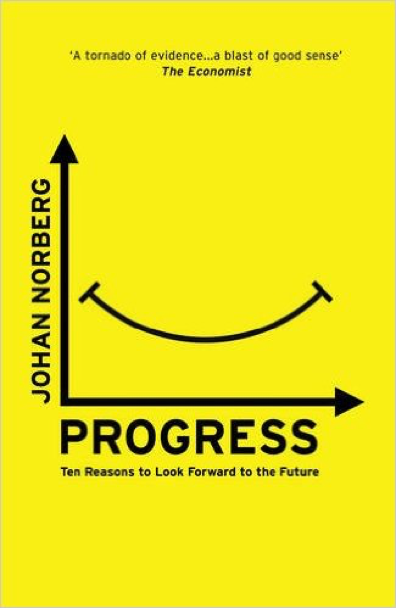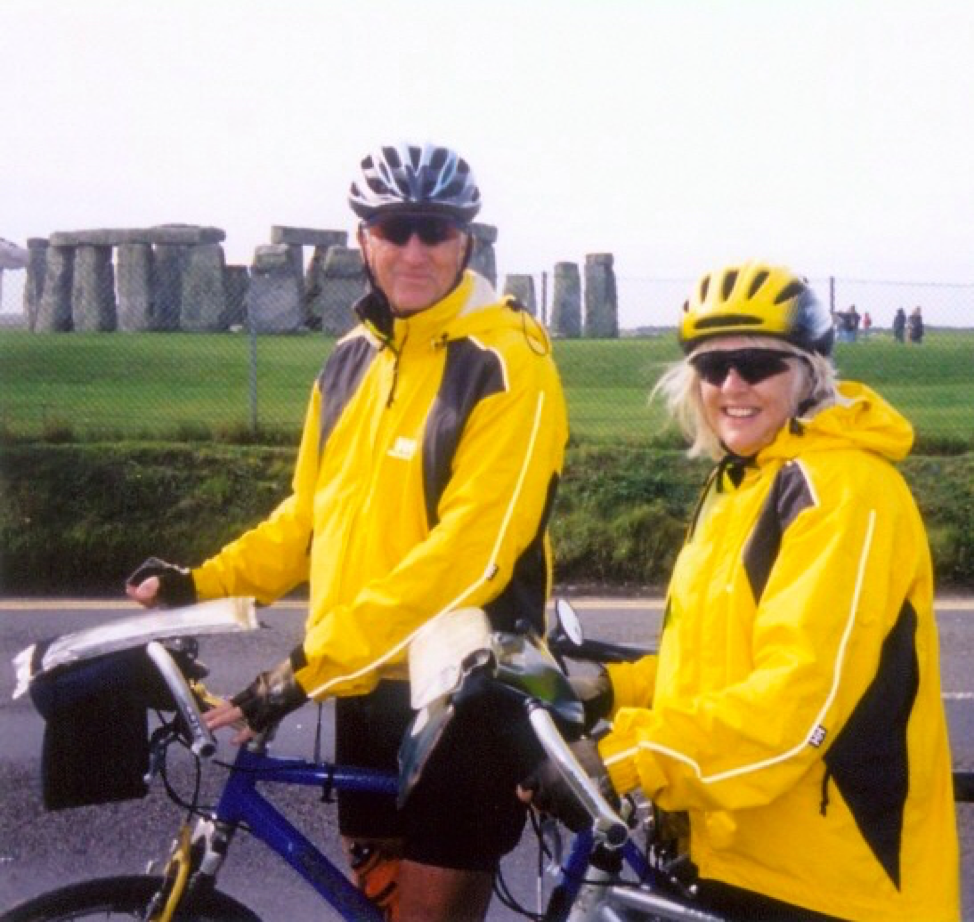
Words matter… and now that we’re closing the book on a tumultuous 2016 it’s worth taking a look at the ones that hijacked the news cycle at year’s end.
World order. Disruption. Transition. Cyber-Intrusion. Destabilization Post-truth. Twitter.
These highly charged words dominated the cycle and continue to dominate as we move closer to next week’s inauguration of a new President-Elect. I won’t try to parse the dark side of these year-end favorites, or summarize their importance in 140 characters or less, but it’s worth reminding ourselves that words (and actions) do matter, but they matter less in the heat of a Twitter moment than in thoughtful reflection.
This is a look back at 2016 and some personally significant passages – a year-end wrap up in two parts.
Stonehenge came to mind as a touchstone for these reflections, because it stands as distant timeless reference for new beginnings. Long before Galileo determined that our planet circled the sun, humanity looked at the winter solstice as the end of the annual cycle and the beginning of a new one, and whether it was the Druid’s Stonehenge, Egyptian pyramids, or the 3rd millennium B.C.’s Chinese lunar calendar, people have used the turning over of the solar year as motivation for reflection, renewal and rebirth – their own as well as the earth’s.
Taking the long view, the stoney solidity and spiritual mystery of Stonehenge help me recalibrate my capacity for wonder. How did a primitive culture we know almost nothing about perform the calculations necessary to determine the exact angle and moment the earth was reversing its solar cycle? How was it possible to move those 75 enormous stone slabs nearly 150 miles from where they were quarried to the Salisbury Plain, and how did they erect them with such scientific precision that they presented the sun rising over the Heel Stone on the precise azimuth of the summer solstice and show it setting on the reverse azimuth at the winter solstice? We can only theorize about these things and the even greater mystery of its meaning, but when I revisit those mysteries I’m reminded that I’m only a tiny atomic particle in an infinitesimally small moment in the history of the universe.
Archaeologists estimate that the construction of Stonehenge took roughly 1500 years and was completed about 3500 years ago. These facts alone give me pause to adjust my horizon to something longer than the current news cycle.
When I looked at 2016 I was determined to focus on the positive. In a year of unpredictable, calamitous, disruptive events it would be easier to name the electoral event, the death of Prince and Bowie, or the unusual mother/daughter deaths of Debbie Reynolds and Carrie Fisher as the most significant passages, but our current death spiral of negative political news casts the year in a different frame for me. Rather than focus on the negative I looked back at four passages that reinforced my belief in the goodness, dignity, optimism and humanity in our midst? There are many more, but these four helped me think positively and respectfully about the future – how we might redirect our orientation from fear in the present tense to a positive, humane future.
These passages struck me as exemplary and it made sense to divide their narrative into two parts. Part One (today) celebrates the accomplishments of two people whose contributions remind us that civil political discourse and selfless generosity elevate our innate goodness. Part Two (tomorrows blog) celebrates two more passages that exemplify the best of American values.

I confess that I didn’t know anything about Diane until 5 or 6 years ago. It wasn’t until I started listening to Sirius XM radio in the car that I heard her radio show for the first time. She was a fixture on NPR, but her daytime political talk show originating from WAMU in Washington DC was broadcast from midnight to 2 a.m. in Seattle. I completely missed it for years.
Her show’s call-in talk format impressed me with the variety of viewpoints expressed by her invited guests and the meatiness and high level of their civil discourse.
From the beginning I was curious about the woman who hosted the show, and her story turned out to be a remarkable one. A Washington native, she began her career in 1973 as a secretary at the local NPR station WAMU. Without a college degree, but smart and hard working, she was quickly promoted to the position of associate producer and within five years had taken over the political talk show. Her tenure lasted 37 years and her audience became a national one. She broadcast her final Diane Rehm Show on December 23, 2016.
When I first heard Diane, I knew nothing about her, and radio can be deceiving. Despite the intelligence she exhibited, I wondered about her background as I pictured a frail sounding older woman. I soon discovered she suffers from a rare disease called spasmodic dysphonia, a condition that affects the voice box and accounts for why she sounded so old and frail. Imagine my surprise when I went to hear her read from her new book, On My Own, and encountered this beautiful, fashionably dressed 80 year-old woman in stiletto heels.
On her final broadcast her fans, including John Dickerson of CBS News and Tom Brokaw of NBC called in to wish her well and explain how her attention to detail and always civil discourse on political matters informed their own approach to the news. But while Diane has broadcast her final WAMU radio show she is not finished with public life. She will continue to tape podcasts for NPR, but her new career is as an advocate for medical aid in dying, or so called “death with dignity” legislation.
Her book, On My Own, tells the story of her 50-year marriage to David Rehm, a State Department official, who died an agonizing death from the complications of Parkinson’s Disease. Terminally ill and unable to feed himself, he requested medical assistance from his physician in an effort to end his life humanely and painlessly on his own terms, but the two of them were unable to circumvent DC laws. Without medical aid, he forced himself to stop taking food and water to hasten his death, but the process was long and painful. Diane was so moved by David’s experience that she wrote On My Own about their journey. Currently, there are only four states that have death with dignity or assisted suicide statutes and she has become a spokeswoman and advocate for the legislation across the country. Her focus and devotion reminds me that there is always work to be done and new horizons to keep in view.
______
You wouldn’t think whiskey and cigarettes would produce a model of exemplary behavior, but today’s second passage might make you change your mind. It’s another remarkable passage and one that touched me personally. Last year, Chuck Feeney, the 85-year-old founder of Duty Free Stores (airport purveyors of duty free liquor, cigarettes, etc.) went broke – by design. It wasn’t a headline grabbing bankruptcy or squandered inheritance. Chuck Feeney was and is a philanthropist’s philanthropist. The publicity shy entrepreneur was an early signer of the Bill Gates/Warren Buffett “Giving Pledge,” agreeing to give away the majority of his fortune. From 1986 through 2016, Chuck gave away roughly $8 billion. Today, he lives modestly in a rented apartment in San Francisco.
In 1982 Chuck created Atlantic Philanthropies and secretly transferred his share of Duty Free Stores (roughly $500 million) to the foundation and started giving the money away. Unlike most philanthropists, Mr. Feeney was determined to give away all of the foundation’s assets and sunset the organization in just a few years. It took him 30. His last grant of $7 million to Cornell University was made in December.
In 2009 I went to work for East Meets West Foundation in Saigon. Ten years earlier my friend, Mark Stewart, a Vietnam vet, was doing work as the volunteer country director for East Meets West, and one afternoon when he was in EMW headquarters in Oakland, he got a call from Chuck inviting him to meet in his San Francisco office.
Mark knew nothing about Chuck but was hoping to get a small donation out of the visit. After some small talk and questioning to see if he was a Raiders of ‘49ers fan, Chuck could see Mark’s frustration. Feeney told him not to worry, he had studied EMW and thought the organization was doing good work. As the meeting came to a close Chuck handed him a check for $200,000, and told him that there was more where that came from if he did a good job with it. Over the next 10 years Atlantic Philanthropies contributed many millions of dollars to EMW to build schools, hospitals, and other projects that improved the infrastructure of EMW educational and medical programs in Vietnam. I never met Chuck but his generosity and humanity made my job easy and made the lives of thousands of Vietnamese better. He is a great model for all of us when we consider just how much we really need and how much difference we can make if we share it intelligently.
Tomorrow, in Part Two, I’ll share two more passages that made a difference to me in 2016. Hang in there, I think he’s going to self-destruct. In the meantime read this; we need something to look forward to.


































Another amazing read. Inspiring and heartening. Thank you. Hugs to you and Marilynn. Best, Susan
Another great read. Thank you! Hugs to you ad Marilynn. Best, Susan